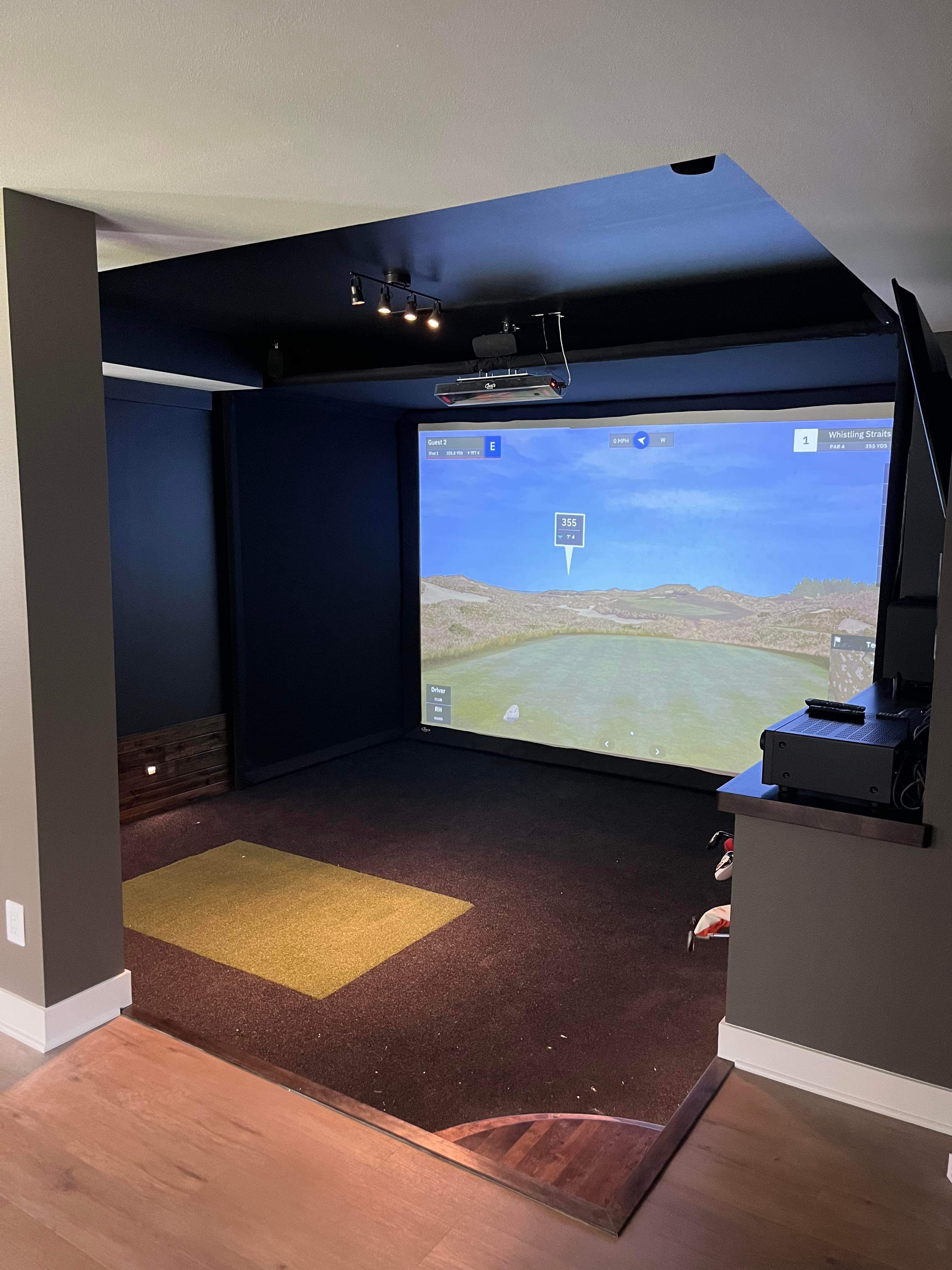Title: The Significance of Swing Speed in Golf: Unleashing Your Full Potential
Introduction
Golf is a game that demands precision, skill, and strategy. While many aspects contribute to a golfer's success, swing speed stands out as a crucial factor that can significantly impact performance. The speed at which a golfer swings the club directly affects the distance the ball travels and the overall control and accuracy of the shot. In this article, we will delve into the importance of swing speed in golf and explore how it can help players unlock their full potential on the course.
Power and Distance
One of the primary advantages of a high swing speed is the ability to generate more power, resulting in increased distance. The basic principle is simple: the faster the clubhead moves through impact, the farther the ball will travel. Golfers with higher swing speeds have the potential to hit longer drives, allowing them to reach the green more efficiently and lower their scores. Professionals on the PGA Tour consistently showcase impressive swing speeds, often exceeding 120 miles per hour, enabling them to achieve extraordinary distances.
Accuracy and Control
Contrary to the misconception that swing speed sacrifices accuracy, a well-controlled high swing speed can enhance precision. When a golfer's swing is executed at an optimal speed, the ball has a greater chance of being struck with the club's sweet spot, resulting in a more controlled shot. This is because a higher swing speed allows for better timing, leading to improved coordination between the body, hands, and club.
Additionally, a faster swing can help counteract some swing flaws. For instance, golfers with a tendency to slice the ball can benefit from a higher swing speed, as it decreases the side spin and imparts a more neutral flight path. Therefore, with the right technique, a golfer with a higher swing speed can achieve both power and accuracy, making them a formidable player on the course.
Club Selection and Shot Variety
Swing speed is closely tied to club selection. Different clubs have varying characteristics, and understanding your swing speed helps you choose the most suitable club for each shot. A golfer with a slower swing speed may benefit from using clubs with higher lofts, as these clubs help launch the ball higher and increase carry distance. Conversely, a golfer with a faster swing speed can utilize lower-lofted clubs to achieve a flatter trajectory and maximize roll on the fairway.
Furthermore, swing speed influences shot variety. Golfers with high swing speeds can generate more backspin, allowing them to execute shots with greater precision and control. This versatility enables them to shape shots, such as draws and fades, which can be advantageous in various course conditions and strategically maneuver around obstacles.
Improving Swing Speed
While swing speed is partially determined by an individual's physical capabilities, it is not solely reliant on natural talent. Golfers can enhance their swing speed through proper training, fitness, and technique. Strength and flexibility exercises targeted at the core, hips, and shoulders can help increase rotational power and generate greater clubhead speed. Additionally, working with a golf professional can provide guidance on optimizing swing mechanics and developing an efficient swing sequence.
Conclusion
In the game of golf, swing speed plays a pivotal role in a player's success. It directly affects the distance, accuracy, and control of shots, enabling golfers to unleash their full potential on the course. By focusing on improving swing speed through physical training and technique refinement, golfers can maximize their performance, hit longer drives, and gain an advantage over their opponents. Remember, in golf, speed is not just about power; it's about harnessing the perfect blend of power and precision to achieve greatness on every swing.


